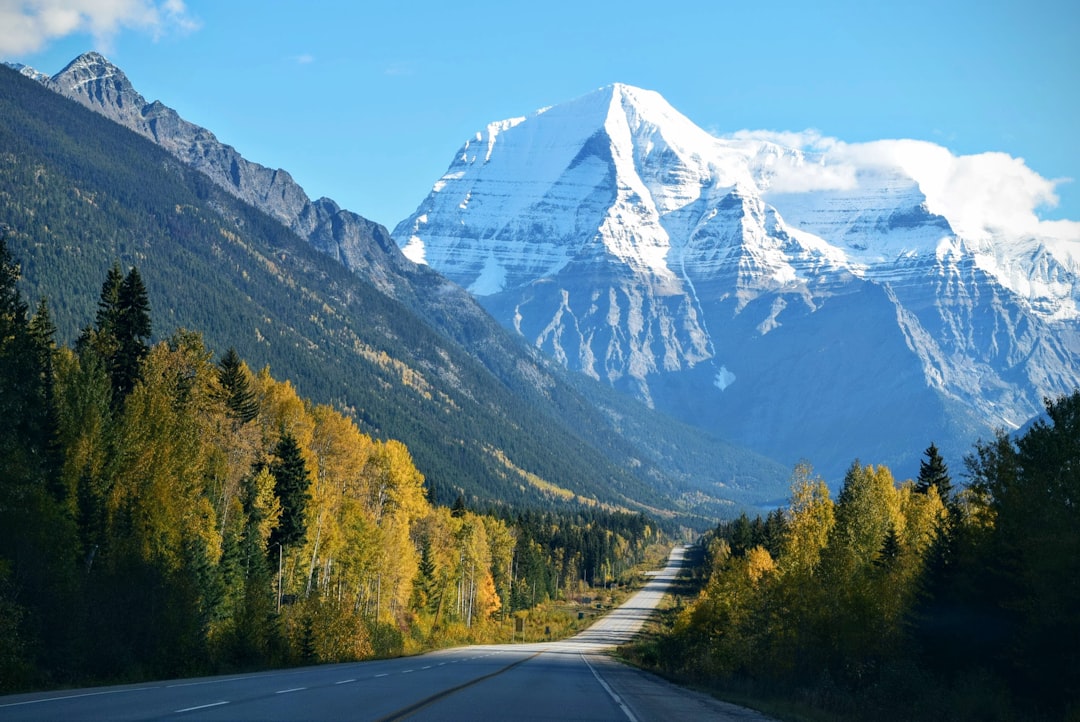Being an outdoor explorer means embarking on exciting adventures and experiencing the beauty of nature firsthand. However, with great adventure comes great responsibility, and it is essential for outdoor enthusiasts to possess certain skills to ensure their safety and enjoyment while exploring the great outdoors. Whether you are an experienced hiker, camper, or just starting to dabble in outdoor activities, here are some essential skills every outdoor explorer should know.
1. Navigation Skills
One of the most important skills for any outdoor explorer is the ability to navigate effectively in the wilderness. This includes reading maps, using a compass, and understanding how to navigate using landmarks. Being able to navigate confidently will help you avoid getting lost and ensure that you can find your way back to safety if needed.
2. Shelter Building
In the event of an unexpected turn of events, such as getting caught in a storm or losing your way, knowing how to build a shelter can be a lifesaving skill. Whether it’s a simple lean-to shelter or a more intricate tarp shelter, having the knowledge and skills to construct a shelter can provide protection from the elements and keep you safe until help arrives.
3. Fire Building
Fire is not only essential for warmth and cooking food but can also be a signal for rescue. Knowing how to build a fire in various conditions, such as wet or windy weather, is crucial for outdoor explorers. Additionally, understanding fire safety practices, such as proper clearance and extinguishing methods, is important to prevent wildfires and ensure your safety in the wilderness.
4. First Aid
Accidents can happen anytime, anywhere, especially in the outdoors where terrain can be rugged and unpredictable. Having a basic understanding of first aid can mean the difference between a minor inconvenience and a life-threatening situation. Knowing how to administer basic first aid, treat common injuries, and recognize and respond to emergencies can save lives in outdoor settings.
5. Survival Skills
In extreme situations, such as being lost or stranded in the wilderness, knowing survival skills can make all the difference. Skills such as finding water, foraging for food, signaling for help, and building traps for food can help you survive in challenging conditions until you can be rescued or find your way back to safety. While hopefully, you will never need to use these skills, being prepared can provide peace of mind in the event of an emergency.
6. Leave No Trace Principles
As outdoor explorers, it is our responsibility to protect and preserve the natural environment for future generations. The Leave No Trace principles are a set of guidelines that promote ethical outdoor practices to minimize our impact on the environment. These principles include things like packing out all trash, staying on designated trails, and respecting wildlife. By following these principles, we can help protect the wilderness and ensure that others can enjoy it for years to come.
7. Outdoor Cooking
One of the joys of outdoor exploration is cooking and enjoying meals in the great outdoors. Knowing how to prepare simple and delicious meals over a campfire or portable stove can enhance your outdoor experience and make camping trips more enjoyable. Additionally, understanding food safety practices and proper food storage techniques can help prevent foodborne illnesses and ensure a pleasant outdoor dining experience.
8. Wildlife Awareness
Encountering wildlife in the outdoors is a thrilling experience, but it’s important to approach these encounters with caution and respect. Knowing how to safely interact with wildlife, such as maintaining a safe distance and not feeding or approaching animals, can help prevent dangerous situations and ensure the safety of both humans and wildlife. Additionally, understanding how to react in the event of a wildlife encounter, such as encountering a bear or venomous snake, can help you stay safe in the outdoors.
9. Outdoor Gear Maintenance
Properly maintaining and caring for your outdoor gear is essential for ensuring its longevity and performance in the field. Knowing how to clean, repair, and store your gear properly can help extend its lifespan and prevent premature wear and tear. Additionally, understanding how to properly pack and organize your gear can make packing for outdoor trips more efficient and enjoyable.
10. Emergency Preparedness
No matter how well-prepared you are, emergencies can still happen in the outdoors. Knowing how to prepare for emergencies, such as having a well-stocked first aid kit, emergency communication devices, and an emergency action plan, can help you respond quickly and effectively in the event of a crisis. Additionally, knowing how to signal for help, such as using a whistle, mirror, or other signaling devices, can help rescuers locate you in case of an emergency.
In conclusion, being an outdoor explorer is a rewarding and thrilling experience, but it comes with its own set of challenges and risks. By possessing essential skills such as navigation, shelter building, fire building, first aid, survival skills, Leave No Trace principles, outdoor cooking, wildlife awareness, gear maintenance, and emergency preparedness, outdoor enthusiasts can ensure their safety and enjoyment while exploring the great outdoors. These skills not only enhance your outdoor experience but also help you stay safe and prepared for any adventure that comes your way. So next time you head out into the wilderness, remember to arm yourself with these essential skills to make the most of your outdoor exploration.

